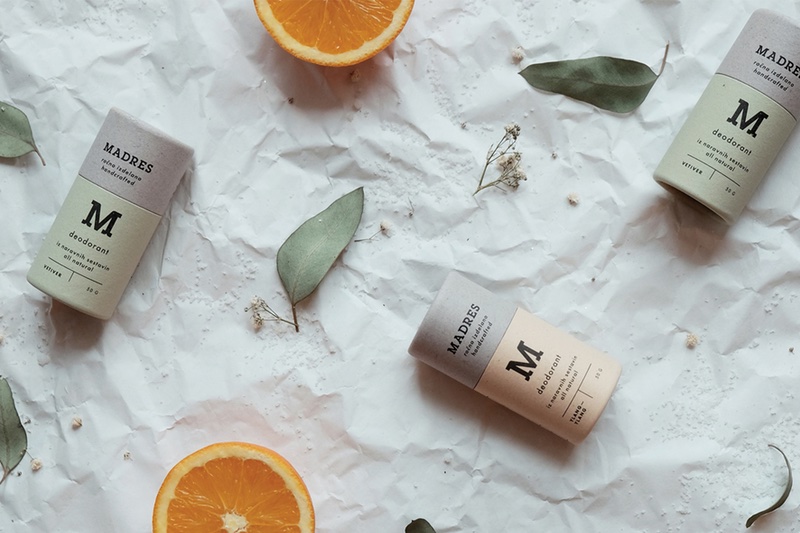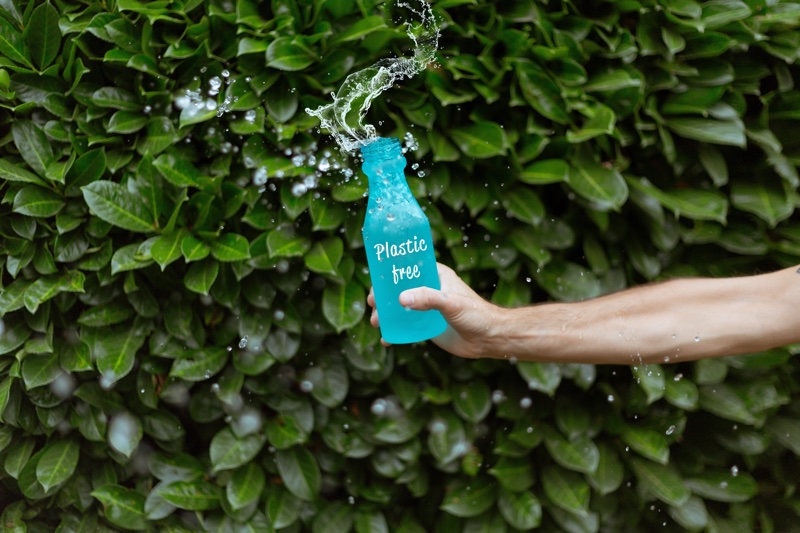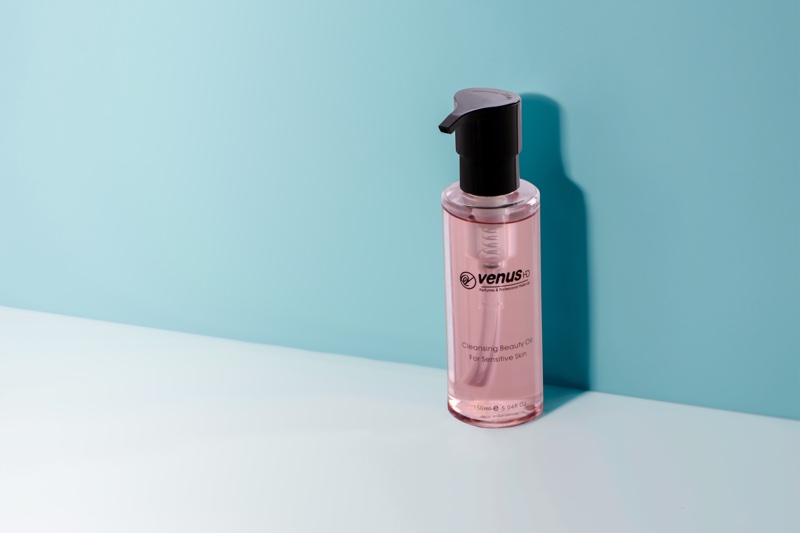Plastic pollution is fast becoming one of the most discussed topics of the 20th century, and will take its place in history books as, arguably, one of the most devastating environmental epidemics the world has ever seen.
Today, there are almost 270,000 tonnes of plastic in the world, and around 51 trillion microscopic pieces of plastic. This pollution costs the world around £1.9 trillion a year due to the declining benefits humans derive from oceans, according to a survey by Marine Pollution Bulletin, and has infiltrated the human food chain, due to the amount of microplastic now found in aquatic ecosystems.
Not only has the devastation impacted human lives, but marine life has been forced to suffer the brunt of the repercussions. Plastic pollution has directly affected more than 800 coastal and thalassic creatures, and has increased the chances of coral reefs becoming diseased from 1% to 89% due to sunscreen ingredients such as oxybenzone and octinoxate being washed into oceans.
But consumer pressure is finally taking its toll on businesses to clean up their act and, as a major influencer of this devastation, the beauty industry is changing its approach to plastic packaging.
In order to keep customers loyal, companies must adhere to new expectations and find substitutes for plastic, or risk losing them.
The worry remains that the planet is being damaged irreparably, but there are substitutes available that are making significant differences to our planet. Or, more importantly, they’re making companies think about changing their ideals.
So, if cosmetics brands want to make more eco-friendly choices, what are the alternatives?
Circular World
Packaging is a vital aspect of the marketing process for beauty brands; standing out on-shelf is paramount, given the nature of competition throughout the sector. But do these alternatives have the same flexible and durable capabilities as plastic with the competitive price point?
Italian design and production firm Favini supplies sustainable packaging solutions created from upcycled natural-fibre, paper-based materials. Its four lines, which can all be applied to the cosmetics sector, include Shiro, Crush, Remake and Refit.
Each of the products are manufactured in different methods in order to achieve a varied finish. Crush, for example, is made using residues from agro-industrial processing of corn, citrus, kiwi, olive, almond, hazelnut, coffee, lavender, cherry and grape, which are used to substitute up to 15% of tree cellulose.
Meanwhile, its Refit option is developed in accordance with the circular economy principles and features sustainable materials inspired by the fashion world, and uses fibres from industrial yarn and textile processing.

Products from Favini's Crush range
Speaking to Cosmetics Business, Gillian Thomas, Favini’s Sales Area Manager Graphic Specialities, says: “The global luxury market asks material suppliers and packaging designers for solutions capable of transmitting various values to the final consumer, including environmental commitment and sustainability.
“The graphic specialities produced by Favini for packaging are ideal for creasing, for box covering and for carton making.”
According to Thomas, these solutions are also suitable for printing and finishing techniques, such as offset, silk-screen printing, as well as hot foil and embossing finishes.
“Plastic-free will be the goal for many brands to pursue and for packaging our preference is, of course, for paper,” she adds.
“That may sound obvious, but it is in fact complex. It is not only the matter of ecological credentials but is also attached to all the emotions and sensations that only paper can convey.”
Sustainability for the masses
While Favini’s paper and upcycled materials are ideal for indie brands or companies with smaller order quantities, what can brands with mass scale manufacturing process use in place of plastic?
In December, pioneering Finnish packaging firm Sulapac entered a partnership with industry heavyweight Quadpack in order to make its eco-friendly products suitable for injection moulding, which will allow its packaging solutions to be produced on a mass scale using technology already available to the industry.

“Plastic product manufacturers can use the Sulapac materials as raw material in their existing product lines, which means the possibilities are almost endless,” Sulapac’s founder and CEO Suvi Haimi tells Cosmetics Business.
These completely biodegradable microplastic-free products are made from sustainably sourced and mainly renewable raw materials including wood and biopolymers. If the products do end up in nature it will fully biodegrade into CO2, water and biomass, and will not leave behind harmful microplastics.
Sulapac Premium material is also said to have excellent oxygen barrier properties compared with traditional plastics such as HDPE and PP, according to Haimi. This maintains the product’s quality compared better than standard plastics. Companies can also choose to improve these properties by adopting Sulapac’s barrier coatings, depending on the application.
When asked if companies are doing enough to move away from plastic packaging, Haimi notes that more needs to be done to encourage beauty brands to be open minded and adopt new, sustainable alternatives to their portfolios.
“We also hope that brands would actively participate in the discussions on the development of the recycling infrastructure and regulation of new, sustainable and biodegradable materials.”
A place for plastic?

Despite the alternatives taking the market share from plastic, global personal care brands are fuelling innovation in recycling plastic. PureCycle Technologies offers a process, developed by P&G, which removes colour, odour and contaminants from recycled plastic and returns it to a virgin-like state.
“The benefits of plastic make it an ideal source for cosmetics packaging. It’s durable and flexible, providing a great customer experience,” says PureCycle Technologies’ Chief Integration Officer David Brenner.
“The challenge we face today is plastic that has widely been unable to be recycled to a like-new state, so virgin resin was needed. With PureCycle Technologies we’re changing that, allowing packaging to be recycled, without any compromises, over and over.”
It is clear the problem is a complex one and there’s no single solution, but what is clear is that a comprehensive solution must be adopted among all players to do their part in reducing the devastation plastic pollution has inflicted upon the planet.
